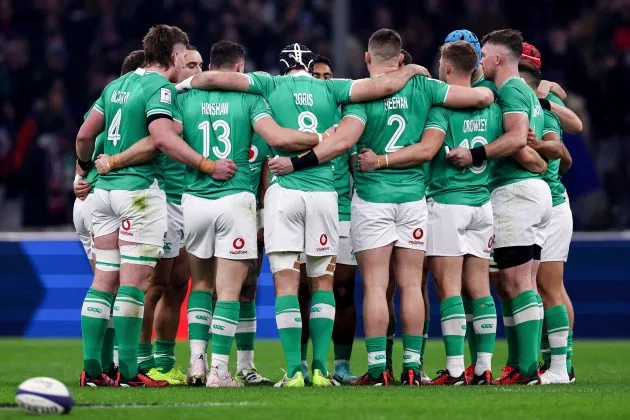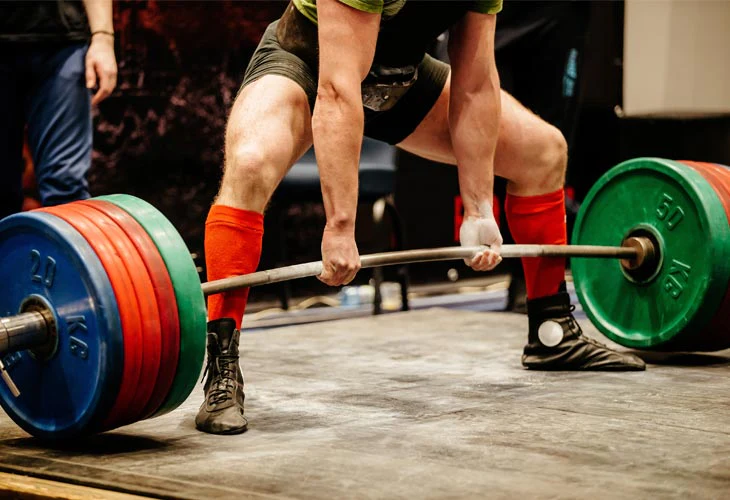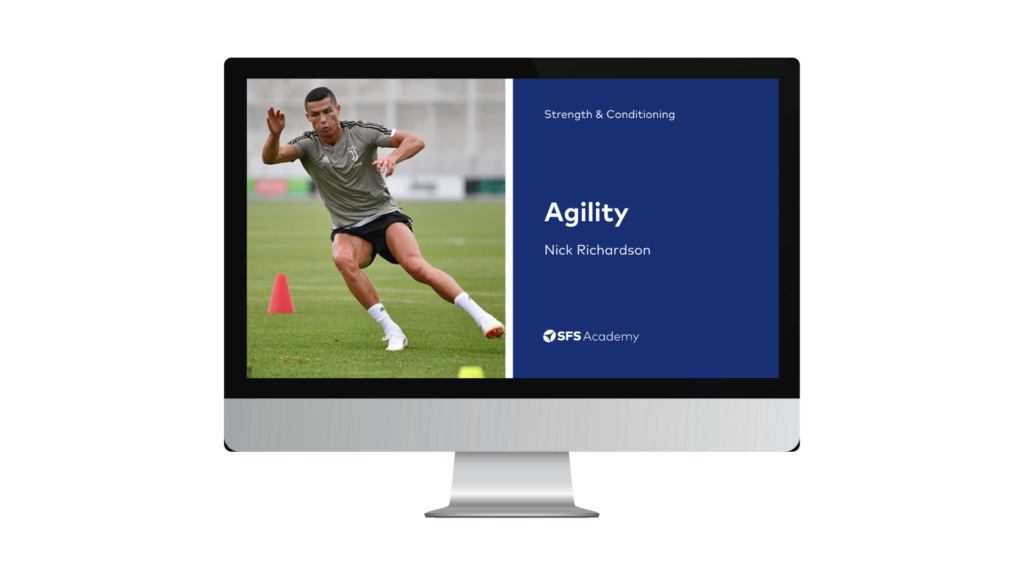This week in the world of sports science, here’s what happened…
- Peter Attia and Stuart McGill discuss the rewards and risks of squats and deadlifts
- Irish rugby team’s halftime breathwork exercise
- The role of genetics in youth football academy players
Peter Attia and Stuart McGill discuss the rewards and risks of squats and deadlifts
There has been a lot of discussion around a video clip featuring a conversation between Peter Attia and exercise educator and practitioner, Stuart McGill. The video clip starts with Attia questioning the risk-reward ratio of squats and deadlifts. Attia is conflicted, on one hand, he believes exercises like the deadlift are essential for human function and performance, and he should continue to deadlift for his entire life. However, on the other hand, he believes he can “still get the same activation for all the muscles involved in the deadlift using other movements without a fraction of the axial loading”.
McGill provides his opinion on continuously training maximal strength in squats and deadlifts. Through practical examples of elite athletes he has worked with, McGill explains how demanding setting personal bests on squats and deadlifts can be. Constant extreme heavy lifting can leave microfractures in the bones, which can accumulate and lead to a full-blown fracture without proper rest. Therefore, he recommends that strength and power athletes take a break between heavy lifts. Some of his power athletes have had to take months off after achieving personal best lifts in the deadlift.
McGill then suggests alternative exercises that will lead older exercisers to “a well-rounded and sustainable athleticism that will spare their joints”. He explains that constantly chasing heavy deadlifts may be problematic for older athletes and exercisers.
Many people are misinterpreting this video and assuming that it suggests avoiding squats and deadlifts. However, the video highlights the negative impacts of constantly training heavy squats and deadlifts and chasing personal bests in these lifts, particularly for older athletes and exercisers. It is worth watching to understand the importance of proper rest and alternative exercises for a sustainable fitness routine.
Irish rugby team’s halftime breathwork exercise

The Irish rugby team’s successful start in the Six Nations tournament has led to many people taking an interest in their training methods. A post by Professor Adam Nicholls on LinkedIn about the team’s routine has gained much attention through likes, shares, and comments. The post includes a short video of the team, all huddled together in the dressing room, practising deep breathing during half-time of a match. This is apparently a common practice for the Irish rugby team.
In the post, Nicholls provides an excellent summary of the research behind deep breathing exercises. He explains that such exercises have physiological benefits, such as reducing anxiety, controlling panic attacks, and reducing feelings of anger. It also has psychological benefits, including decreased blood pressure, increased heart rate variability, and enhanced sleep.
While it is unclear why the Irish rugby team is using group breathing exercises during matches, it is clear that this science-backed practice is proving effective for them. Being a proud Irish man, I hope Ireland’s success continues!
The role of genetics in youth football academy players

A recent study published in The Journal of Strength and Conditioning Research explored the link between genetics and athletic performance among English youth football academy players. Specifically, the study examined the role of 22 different genes in the acceleration, speed, and jumping abilities of 149 male players.
The results revealed that certain genes, namely GALNT13, G allele, and IL6, were associated with faster sprinting and higher jump performance. Interestingly, these genes contributed to a 4% increase in sprint times across 5m, 10m, and 20m sprints, as well as a 16% increase in jump height during the countermovement jump test.
This study highlights the impact of genetics on athletic ability among young football players. It also underscores the value of genetic profiling for assessing performance potential. However, it is important to note that environmental factors also play a significant role in supporting and enhancing these power-oriented genes.
From us this week:
>> New course: Emotional Intelligence
>> New podcast: Carbs Are King For Team Sports
>> New infographic: Anthropometric Evaluation Of First Round Draft Selections In Major League Baseball
>> New article: 15 Best Barbells For Home Gyms
Access to a growing library of sports science courses
SFS Academy is an all-access membership to premium sports science education.
With SFS Academy, you’ll learn from some of the best coaches around the world as they teach you how to apply the latest research and practice with your athletes.
Get instant access when you join today on a 7-day free trial.



